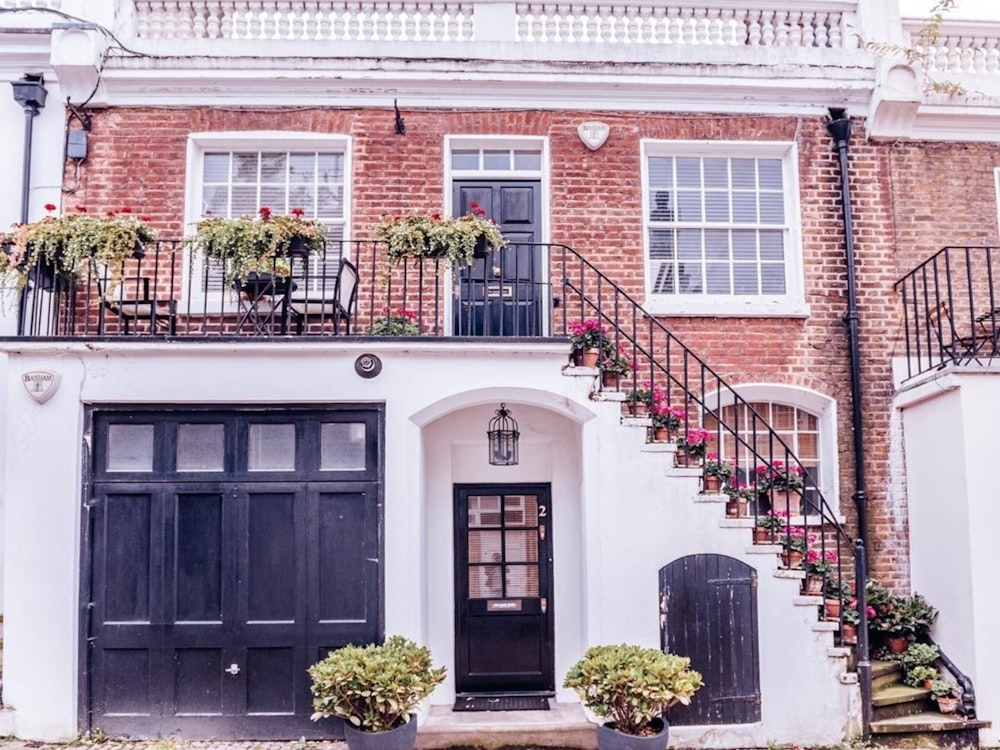
Subheading: Understanding the Role of Sink Drain Pipes
Sink drain pipes are a critical component of any kitchen plumbing system. These pipes are responsible for carrying waste water from your sink to the sewer or septic system, ensuring proper drainage and sanitation in your kitchen. Without a functioning sink drain pipe, you may experience clogs, leaks, and other plumbing issues that can disrupt daily activities and lead to costly repairs.
Subheading: Types of Sink Drain Pipes
There are several types of sink drain pipes available, each with its own advantages and limitations. PVC (polyvinyl chloride) pipes are commonly used due to their affordability, durability, and resistance to corrosion. ABS (acrylonitrile butadiene styrene) pipes are another popular option, known for their strength and ease of installation. Metal pipes, such as stainless steel or copper, offer superior durability but may be more expensive and prone to corrosion over time.
Subheading: Installation Considerations
Proper installation of sink drain pipes is crucial to their performance and longevity. The pipes must be securely connected to the sink and properly aligned to ensure smooth water flow and prevent leaks. Additionally, the pipes should be sloped slightly downward to facilitate drainage and minimize the risk of standing water, which can attract bacteria and cause foul odors. Hiring a professional plumber to install your sink drain pipe can help ensure that it is done correctly the first time.
Subheading: Common Issues with Sink Drain Pipes
Sink drain pipes are susceptible to a variety of issues that can impede their function and cause inconvenience for homeowners. Clogs are perhaps the most common problem, often caused by a buildup of food particles, grease, soap scum, or other debris. Leaks are another common issue, which can occur due to loose connections, corrosion, or damage to the pipes themselves. Regular maintenance and prompt repairs are essential for preventing these issues and maintaining the integrity of your sink drain pipe.
Subheading: Tips for Maintaining Your Sink Drain Pipe
Regular maintenance is key to keeping your sink drain pipe in good condition and preventing costly repairs. Avoid pouring grease, oil, or food scraps down the drain, as these can solidify and cause clogs. Use a drain strainer to catch larger debris and prevent it from entering the pipes. Periodically flush your sink drain with hot water and vinegar to help break down buildup and keep the pipes clean. If you notice any signs of leaks or clogs, such as slow drainage or foul odors, address them promptly to prevent further damage.
Subheading: Upgrading Your Sink Drain Pipe
If you’re experiencing frequent clogs, leaks, or other issues with your sink drain pipe, it may be time to consider upgrading to a more durable or efficient system. Modern sink drain pipes are available with features such as built-in traps, anti-clog mechanisms, and corrosion-resistant materials, which can help improve performance and reduce maintenance requirements. Consulting with a professional plumber can help you determine the best options for your specific needs and budget.
Subheading: Environmental Considerations
In addition to performance and durability, environmental considerations are also important when choosing a sink drain pipe. PVC pipes, while affordable and widely used, are made from non-renewable fossil fuels and can release harmful chemicals during manufacturing and disposal. On the other hand, metal pipes are recyclable and may have a lower environmental impact, but they require more energy to produce and transport. When possible, choose environmentally friendly materials and products for your plumbing needs.
Subheading: Conclusion
In conclusion, sink drain pipes are an essential component of any kitchen plumbing system, responsible for carrying waste water away from your sink and ensuring proper drainage and sanitation. Understanding the different types of sink drain pipes, their installation requirements, and common issues can help you maintain a functional and efficient plumbing system in your home. By following proper maintenance practices and considering environmental factors, you can keep your sink drain pipe in good condition for years to come. Explore Sink Drain Pipe solutions at home-radiators.com today!









